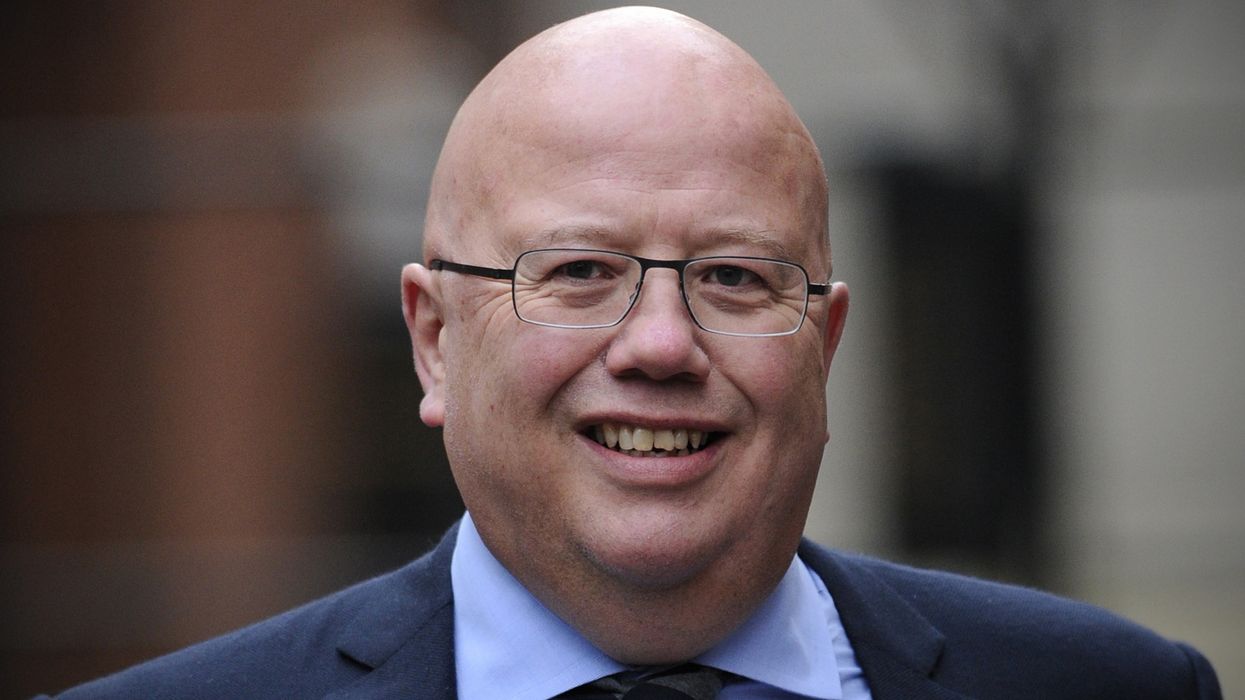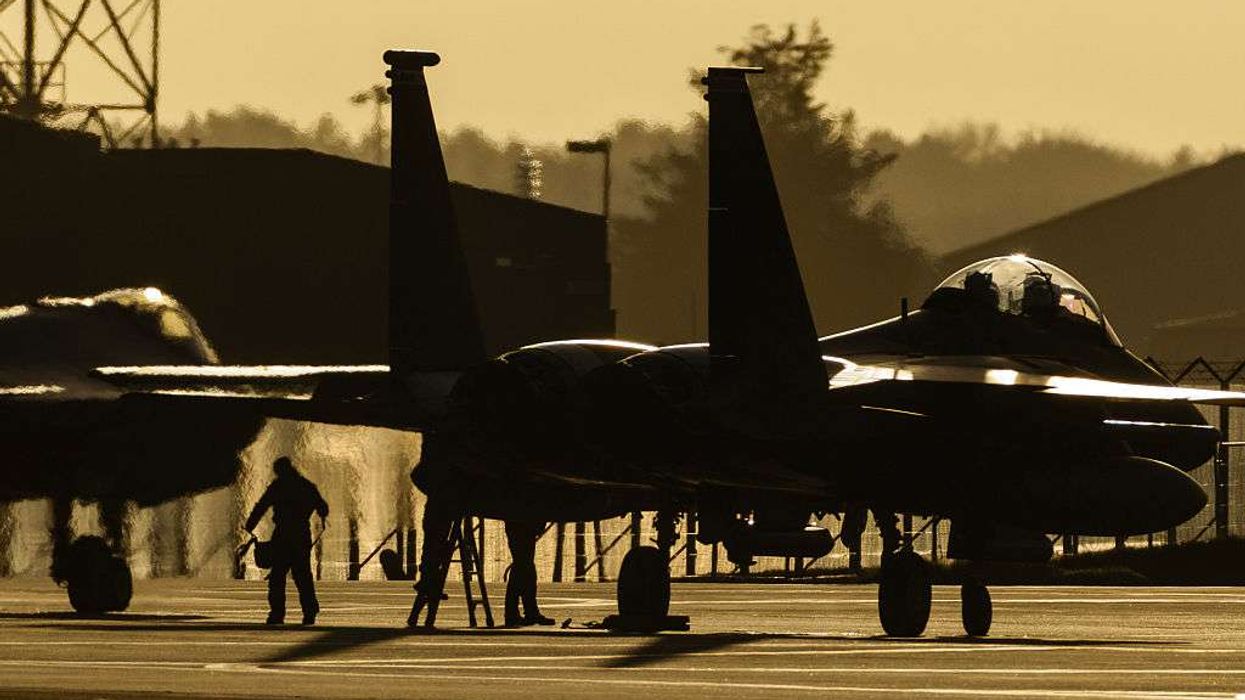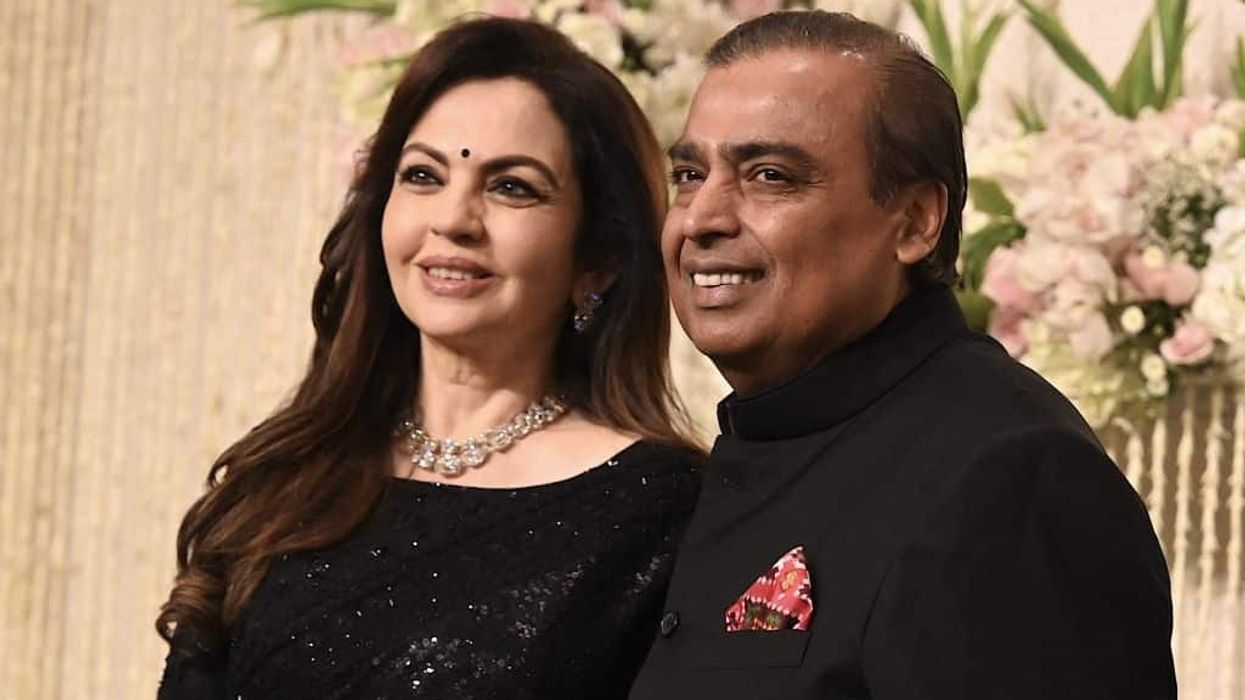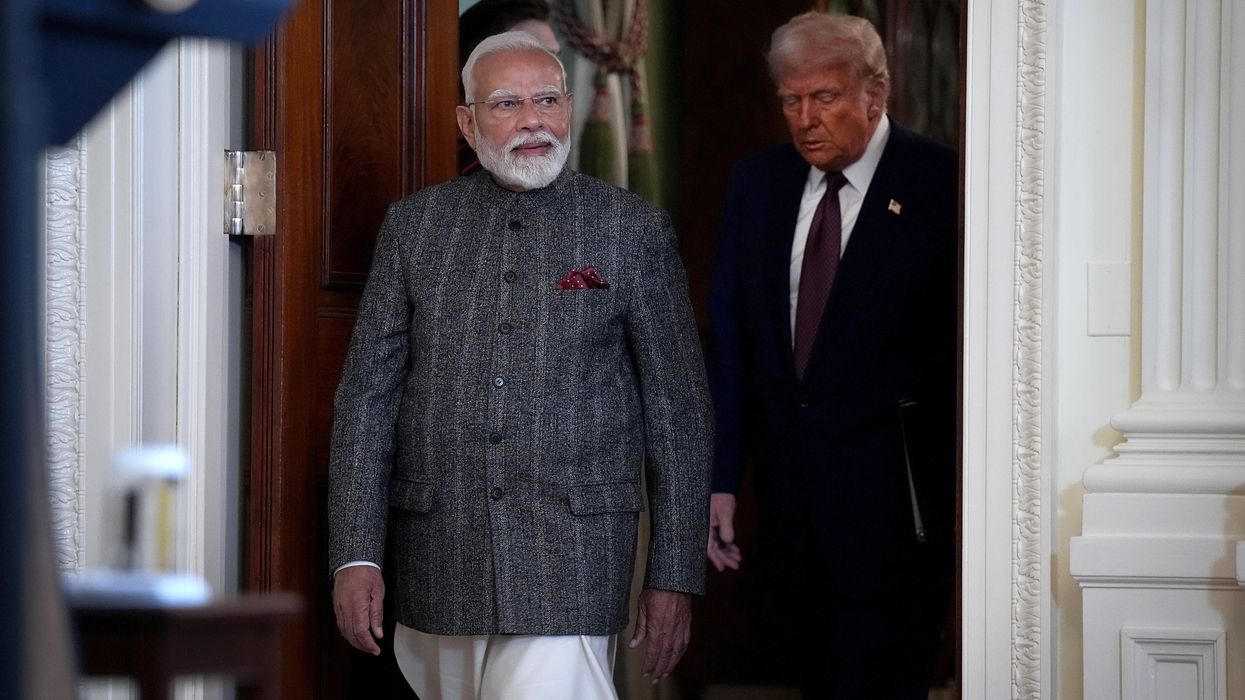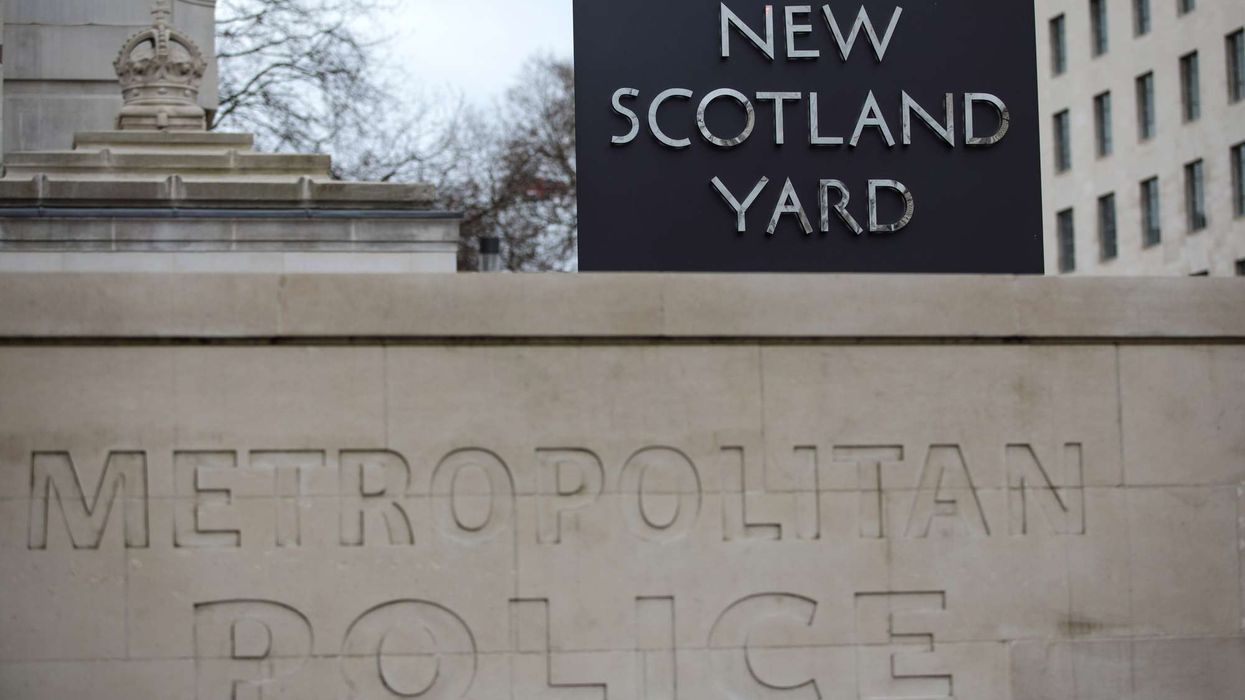BRITAIN needs more talented migrants who can create jobs and wealth in this country, a media expert has said, citing evidence from the latest edition of Eastern Eye’s Asian Rich List 2025.
Writing in the Independent on Saturday (16), Chris Blackhurst argued that “against the present backdrop of protests against immigration, the Asian Rich List illustrates that the UK has so much to be thankful for.” He added, “It is hard to imagine where the economy, wider society, would be without the loyalty, tenacity and public spirit of those on the list and the ones ascending fast. We urgently need more like them, not less.”
Blackhurst is an experienced business journalist and was previously the editor of the Independent from 2011-2013.In his comment piece, he noted how businessman Surinder Arora is one the leading hoteliers in the UK, having arrived in this country with very little money.
Arora owns Renaissance Hotel at Heathrow, where he was employed as a waiter, as well as the Fairmont Windsor Park, the InterContinental in east London, near the O2, and Luton Hoo, which he is developing as a luxury golf and health spa. “Arora’s story typifies the members of this year’s Asian Rich List,” Blackhurst said, adding, “what characterises many is a strong work ethic, coupled with relentless drive and determination to succeed.”
He also cited the examples of former prime minister Rishi Sunak and his wife Akshata Murty, whose father NR Narayana Murthy co-founded Infosys, the Indian IT giant.
Among other insights, Blackhurst noted the younger generation of Asian immigrants stepping up to take over the business empires built by their parents, such as the Arora’s son Sanjay and the Hinduja family. This year’s Asian Rich List includes 17 billionaires, while it is estimated the combined wealth of the 101 richest British Asians in the country is £126.26 billion, an increase of £6.22bn from the previous year.
Many Asians have made their mark in the hospitality and hotels sector. It was reported on Monday (18) that Arora has acquired the Ministry of Justice’s £245 million, with a view to revamping it into a luxury hotel in central London.
“Arora Group, owned by the billionaire Surinder Arora, has bought Queen Anne’s Mansions, near Buckingham Palace, from Land Securities, the FTSE 100 landlord,” the Times said, adding “the fourteen-storey building is fully let to the MoJ, which is due to move out in 2028 when its £15 million-a-year lease expires.”
The Hinduja family restored the former Old War Office Building in Whitehall into a luxury 120-room Raffles Hotel and with 85 serviced apartments.Another Asian businessman making headlines is Sharan Pasricha whose Estelle Manor, a country house hotel in Oxfordshire, was the venue for the wedding of Eve Jobs (the daughter of Steve Jobs) for her recent wedding.
Pasricha bought The Hoxton in London, in 2012 as well as Gleneagles in Scotland before transforming the hotel and golfing complex. While growing their wealth, many Asians are also committed to philanthropy, Blackhurst noted, among them Nirmal Sethia and Cyrus and Priya Vandrevala. Sethia provided funds for victims of the Grenfell fire and supports the Museum of London, while the Vandrevala couple are known for their work in mental health and are also patrons of Elephant Family.
